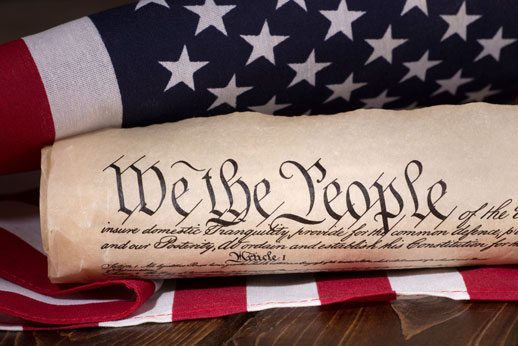
States are not required to recognize these days in any way, although most of them do for both state employees and public schools. And the federal government is not required to recognize state and local holidays, although under certain circumstances, some offices do close. Private employers are not required to observe holidays at all, but many businesses at least close on New Year's Day, Memorial Day, Independence Day, Labor Day, Thanksgiving Day, and Christmas Day.
Beginning in 1968, the Congressional Black Caucus fought to make Martin Luther King, Jr.'s birthday a national holiday. The movement was spearheaded by Representative John Conyers (D-MI), and numerous bills and amendments were brought forward for consideration over a period of 15 years, up until 1983. In 1979, a Conyers-sponsored bill was narrowly defeated by five votes. In 1976, trade unionists helped to elect Jimmy Carter, who later endorsed the King Day bill. And in the early 1980s, 6 million signatures were collected for a petition to Congress to pass the law.
Senator Jesse Helms (R-NC), led the opposition to the King Day bill. He questioned whether Martin Luther King, Jr., was important enough to be honored in this way. And he also accused King of having ties to the communist community. When Ronald Reagan was elected President, he also opposed the holiday and only changed his mind after Congress passed the King Day bill with an overwhelming, veto-proof majority (338 to 90 in the House of Representatives and 78 to 22 in the Senate). On November 2, 1983, President Reagan signed a bill creating a federal holiday to honor Martin Luther King, Jr., and it was observed for the first time on January 20, 1986. On January 17, 2000, Martin Luther King Day was officially observed for the first time in all 50 U.S. states.
Most recently, the United Farm Workers (UFW) and the César E. Chávez Foundation have been working to promote legislation to create a César E. Chávez national holiday. The César Chávez National Holiday Coalition is gathering signatures on petitions asking Congress to designate March 31 as César Chávez Day. March 31 is Chávez's birthday and also the day the UFW was founded.


